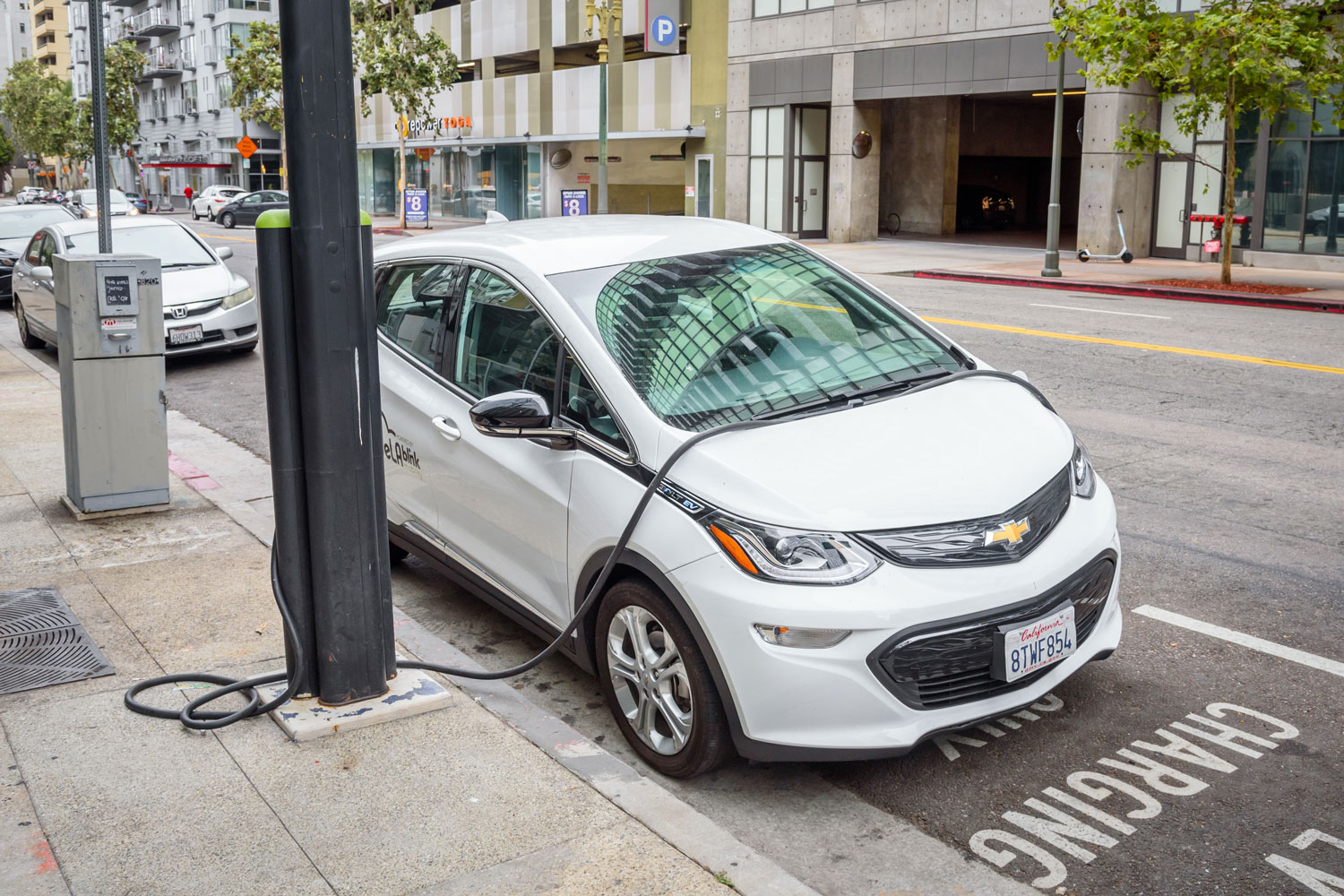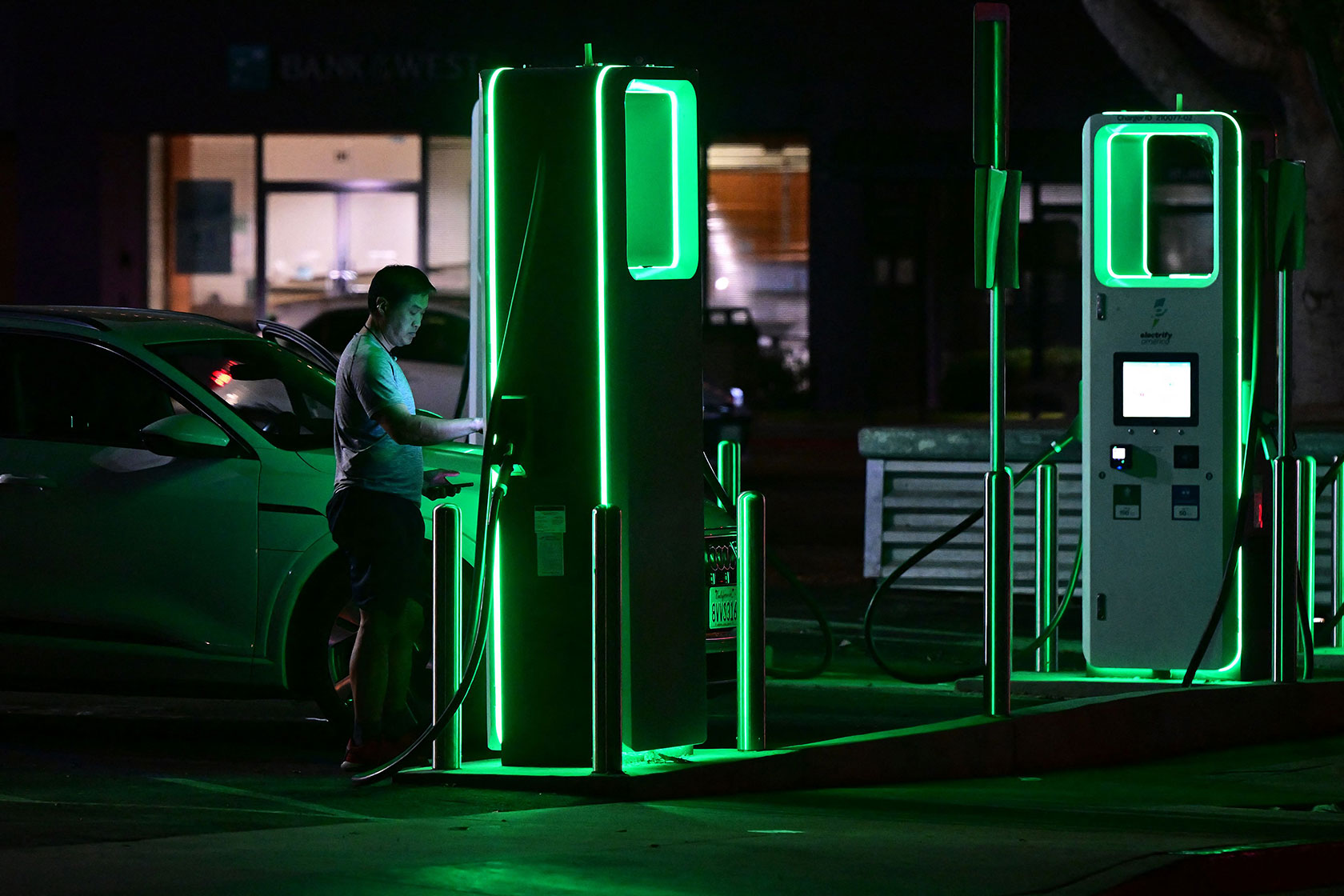Key Innovations in the EV Sector You’ll Find in Today’s Buy EV Charging news
Key Innovations in the EV Sector You’ll Find in Today’s Buy EV Charging news
Blog Article
Leading EV Charging News: Secret Updates on Framework and Development

Current Developments in Fast-Charging Modern Technology

Furthermore, developments in battery technology, consisting of improved thermal administration systems and greater power density batteries, enhance fast-charging capacities. These growths mitigate the risk of battery degradation during rapid charging, ensuring longevity and performance for EV owners.
Furthermore, the combination of clever charging remedies is enhancing user experience, enabling real-time surveillance and vibrant pricing designs. EV Charging news. This adaptability permits drivers to optimize billing times and prices based upon grid need
As car manufacturers proceed to spend in fast-charging networks, the cooperation in between market stakeholders is critical. Collaborations between billing station suppliers and automotive makers are leading the way for comprehensive protection, ultimately cultivating an extra durable EV environment. These developments are critical in sustaining the change to sustainable transportation.
Government Initiatives for Charging Expansion
Federal government campaigns play an essential role in the growth of electrical lorry (EV) charging framework, promoting the transition to sustainable transportation. Various federal and state programs are being applied to boost charging ease of access, lower the financial problem on consumers, and promote the fostering of electric lorries.
Notably, the U.S. government has actually alloted considerable funding with the Framework Financial Investment and Jobs Act, which earmarks $7.5 billion for EV billing network development across the country. This funding is focused on releasing thousands of new billing terminals, specifically in underserved areas, thereby attending to array anxiousness amongst potential EV buyers.
Additionally, countless states are enacting regulations to improve the permitting procedure for billing terminal installations, which is important for increasing release. Rewards such as tax credit scores and rebates for both consumers and businesses are likewise being introduced to encourage the setup of charging framework.
Furthermore, public-private partnerships are significantly coming to be a focus, leveraging exclusive investment to enhance government funding. These campaigns highlight a collaborative approach vital for building a reliable and comprehensive EV charging network, ultimately contributing to a greener and even more lasting future.
Cutting-edge Battery Solutions Enhancing Performance
Revolutionizing the landscape of electrical vehicle (EV) technology, ingenious battery services are dramatically improving performance and efficiency. Advancements in battery chemistry, specifically with lithium-sulfur and solid-state batteries, are bring about enhanced power thickness, which permits longer varieties and look these up faster charging times. These new battery types have the prospective to outshine standard lithium-ion batteries by providing higher abilities while minimizing weight, therefore enhancing overall car performance.
Moreover, growths in battery management systems (BMS) are maximizing energy use and expanding battery lifespan. Smart algorithms keep track of battery health and performance, making it possible for real-time modifications to charging and releasing procedures. This More Help not only improves the performance of the battery yet additionally makes certain an extra lasting and dependable power source for EVs.
Moreover, the integration of reusing technologies is dealing with the environmental influence of battery manufacturing and disposal. Developments in second-life applications for EV batteries are facilitating their use in power storage systems, contributing to a round economic climate.
As these innovative battery options remain to progress, they promise to change the EV market, making electrical lorries much more obtainable and attractive to a broader target market while sustaining international sustainability objectives.

Collaboration Between Automakers and Charging Networks
Recognizing the vital requirement for a robust charging facilities, automakers are progressively working together with charging network suppliers to boost the EV possession experience (EV Charging news). These collaborations aim to create a seamless charging ecological community that profits customers and sustains the shift to electric vehicles
Significant auto brand names are joining forces with established billing networks to increase their billing station coverage, ensuring vehicle drivers have accessibility to hassle-free and trustworthy charging alternatives. Partnerships with networks like ChargePoint and Electrify America permit car manufacturers to integrate billing services straight into their vehicles' navigating systems, guiding users to the local terminals and providing real-time accessibility updates.
Moreover, these partnerships typically lead to the development of fast-charging modern technologies that considerably reduce the time required to reenergize an EV. By pooling sources and competence, automakers and charging networks can introduce faster, producing solutions that satisfy the expanding demand for electric flexibility.
Additionally, joint campaigns may likewise bring about even more standard charging methods, which can reduce customer confusion and promote more comprehensive EV adoption. Overall, these calculated alliances are essential in building a straightforward and effective charging infrastructure that fulfills the needs of a broadening electrical car market.
Obstacles Facing EV Charging Facilities
As the electrical lorry market proceeds to grow, a number of obstacles are emerging that impede the growth of a detailed billing framework. Among the primary challenges is the not enough number of charging terminals, particularly in underserved and rural city locations. This void creates variety anxiousness amongst prospective EV purchasers, deterring them from making the button.
In addition, the absence of standardization in charging Find Out More technology makes complex the framework landscape. Variations in plug kinds and billing speeds can develop complication for individuals and boost functional complexities for charging network drivers.
One more pushing problem is the high expense associated with the installment and upkeep of charging stations, which can be an obstacle for both public entities and exclusive companies. Ultimately, regulative hurdles and zoning limitations can delay the implementation of charging facilities, impeding development in expanding crucial services. Addressing these difficulties will certainly be essential for promoting a durable EV community that sustains the change to sustainable transportation.
Final Thought
To conclude, the ongoing developments in EV billing innovation, sustained by substantial government initiatives and ingenious battery options, are critical for the development and efficiency of electric automobile facilities. Cooperations in between car manufacturers and charging suppliers better enhance terminal protection, addressing the growing need for obtainable billing alternatives. Regardless of difficulties that continue within the EV charging landscape, these developments represent a positive trajectory in the direction of an extra effective and sustainable electrical lorry ecological community.
Technologies in billing facilities have led to the growth of ultra-fast battery chargers capable of delivering up to 350 kW of power, significantly reducing billing times. Variants in plug types and billing rates can produce confusion for users and raise operational complexities for billing network operators.In conclusion, the recurring improvements in EV charging technology, sustained by significant federal government efforts and innovative battery solutions, are crucial for the development and effectiveness of electrical automobile infrastructure. Cooperations between car manufacturers and charging companies further boost station insurance coverage, attending to the growing need for available billing choices. Despite difficulties that persist within the EV charging landscape, these advancements represent a positive trajectory towards an extra sustainable and reliable electric car ecosystem.
Report this page